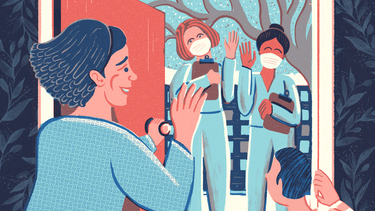Alumni
Renewable Energy Is Easier Than Ever to Build—and Harder to Talk About
Advances in technology and a maturing development ecosystem have made renewable energy more economical, less risky, and increasingly rewarding for landowners, says Reid Buckley ’89, a partner at Orion Renewable Energy Group. But it has also become more politicized.

What Do Ukraine’s NGOs Need?
Jenny Malseed ’05 of GlobalGiving explains what NGOs on the ground in Ukraine are experiencing and what they need to continue their work.
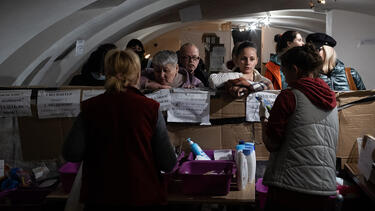
Government Can Be the Solution
For investment banker Carol Samuels ’86, a key value is helping government make a difference in people’s lives, by applying financial tools and long-term thinking.
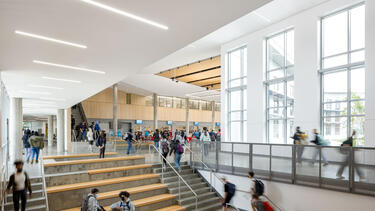
Delivering Decarbonized Transport
Dan Kim ’97, chief strategic officer and director of Next Renewable Fuels, argues that existing elements of the energy and transport sectors can evolve to contribute to a future decarbonized economy, alongside more disruptive innovations.
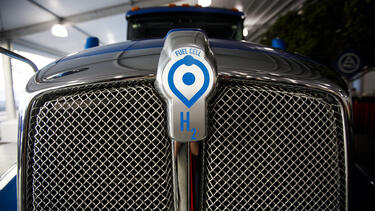
The Past and Present of Race, Money, and Equity in America
Journalists Louise Story ’06 and Ebony Reed argue that understanding the grim history of race and money in the United States is key to building a more equitable future.
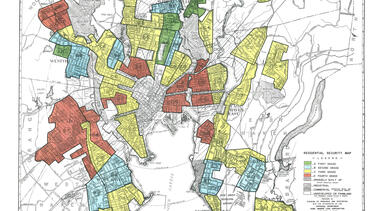
Navigating a New Now: Investing in ‘Tough Tech’
A venture fund led by Katie Rae ’97 was providing the patient capital required for breakthroughs on major societal problems like climate change and community health. Then COVID-19 complicated their day-to-day work—and gave their efforts greater urgency.
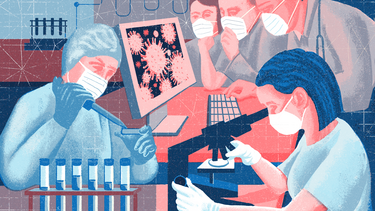
Can Faith Power Social Change?
A collaboration between the nonprofit Ashoka and Trinity Church Wall Street, launched by Anne Evans ’78, aims to harness the passion among people of faith for making positive change.
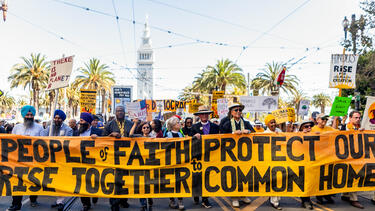
Tallying the Social Cost of Carbon
Casey Pickett ’11, director of the Yale Carbon Charge, explains how to put a dollar value on the myriad choices that make up our response to the climate crisis.
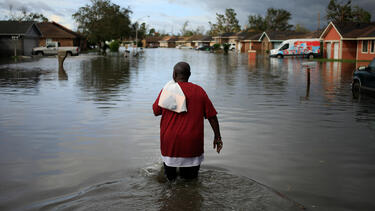
Navigating a New Now: Time to Prioritize Company Culture
Laszlo Bock ’99, founder and CEO of Humu, highlights the importance of company culture for keeping workers motivated and delivering results despite the challenges of the moment.
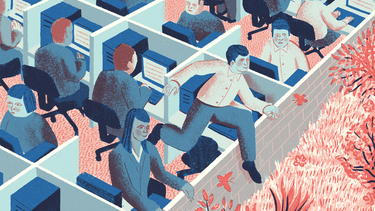
Navigating a New Now: What a New York City Doctor Has Learned During the Pandemic
Dr. Charles Powell ’19, chief of pulmonary critical care for Mount Sinai, says that promising new approaches to research, diagnosis, and treatment have emerged from the devastation.
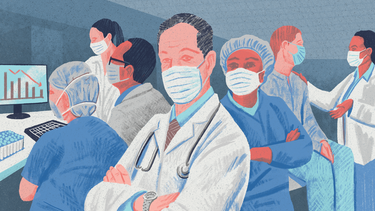
Navigating a New Now: Prioritizing a Vulnerable Community
Dr. Suzanne Lagarde ’14, CEO of Fair Haven Community Health Care, explains how she adapted vaccine delivery to meet the needs of the community even as the unrelenting pandemic took a toll on her staff.
